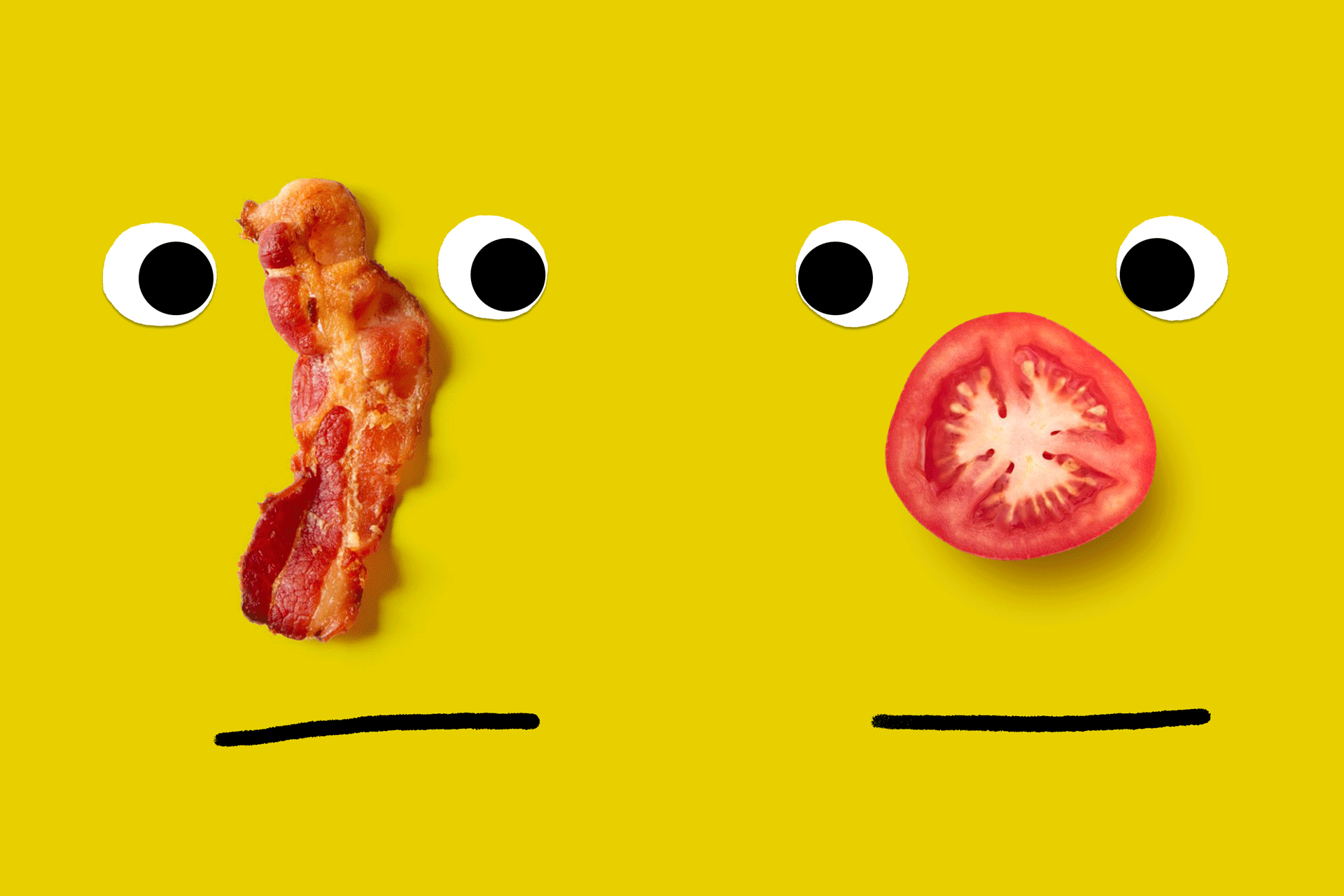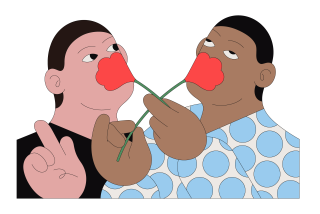Research Seeks to Help the Tasteless : To Those With Sensory Disorders, Food Can Be Offensive
- Share via
FARMINGTON, Conn. — Hannah Greene, a Long Island cooking school teacher, makes her students taste their own wares. Greene has a problem: She can taste, but everything tastes horrible to her.
She is among more than 2 million adult Americans suffering from taste and smell disorders. With a few exceptions, doctors can do nothing for these patients except teach them ways of enjoying life with their remaining senses.
“You compensate,” Greene said. “You eat with your eyes, but it’s still very boring to eat.”
Fireman Can’t Smell Smoke
Researchers are attempting to define common characteristics in such patients, most of whom tend to be adults. They include a firefighter who cannot smell smoke and a restaurant reviewer who cannot taste food.
In the last three years, more than 400 such patients have been evaluated at the University of Connecticut Health Center’s Chemosensory Clinical Research Center--the largest of its kind in the country--and there is a waiting list of more than 1,000 people from both the United States and abroad, Dr. Frank A. Catalanotto, co-founder of the center, said.
The center has received $5.9 million in grants from the National Institutes of Health since 1981. Other chemosensory centers, less comprehensive, are situated in Syracuse, N. Y., Philadelphia and Denver, Catalanotto said.
He said that chemosensory disorders occur with greater frequency as a person gets older. A cold or flu usually causes people to lose their senses of taste and smell, and some people never regain them, he said.
Research has turned up a variety of other causes, including head trauma, nutritional deficiencies, radiation treatments, exposure to air pollutants, diabetes, aging and neurological disorders such as multiple sclerosis.
Even Hugging Can Be an Ordeal
For Greene, who is 62, the affliction has meant coffee tastes burned and garlic tastes bitter. Even hugging her husband can be an ordeal, she said. “If he forgets and puts on after-shave lotion, I won’t go near him.”
Catalanotto, an associate professor of pediatric dentistry, said that research is being conducted to separate taste problems from those affecting smell. Most taste problems stem from difficulties with smell. But that is only part of the story.
“They are separate entities,” he said. “In a chemical sense, they are totally separate events with separate sets of nerves and reactions. These separate nerves go to separate areas of the brain.”
Taste sensations come from taste buds in the mouth and on the tongue. Smell sensations are perceived by receptors in the nasal cavity. If there is a connection between the two, as there appears to be, what is it?
“Some disorders we are treating,” Catalanotto said. “Some have no cure yet. I’m not embarrassed by that, because at least now we know what questions to ask.”
One of the most important discoveries is that many people can distinguish among sweet, salty, sour and bitter, but still can’t really taste their food.
“That’s probably a loss of flavor perception, which is different from taste,” Catalanotto said. “Taste is a component of flavor, not of smell.”
But most problems stem from disorders of olfaction, or the sense of smell, which is much more difficult to test for, Catalanotto said.
“There are as many odors as there are things to smell,” he said.
Testing at the chemosensory lab usually takes at least half a day. Greene arrived early one morning and began the olfactory testing. With her eyes shut, she smelled various odors from unmarked white containers.
‘Could Be Rancid’
“This is the odor I get from perfume and soaps,” she said with a squeamish grimace. “It’s completely distorted. It probably could be rancid.”
As other containers were presented to Greene, her distorted sense of smell became more pronounced.
“This is lemon, I think,” she said after sniffing cinnamon.
“This is in the vegetable family,” she said of the mothballs.
“This is onion,” she said, but the container held coffee beans.
In addition, Greene sampled liquids that she compared in intensity to varying auditory tones, and a long, illuminated tube was snaked up her nose to check for nasal disease.
Misdiagnosed Twice
Greene said she had gone to a number of doctors before learning about Connecticut’s center. Two ear, nose and throat specialists found nothing wrong and suggested that the problem might be imaginary, she said. One prescribed cortisone nose drops. Another said she had an allergic reaction to yeast--a big problem, because Greene’s cooking classes specialize in breads.
Catalanotto did not promise any answers. He said that the test results would be compiled into a report and Greene would be notified of any theories or recommendations that the research group formulated.
Sometimes surgery is prescribed to remove polyps in the nasal passages or to treat a sinus disease, Catalanotto said. A drug has been found that sometimes helps the condition considerably, “but the side effects don’t warrant giving it for a non-life-threatening disorder,” he says.
Takes Drug on Vacations
One patient, he said, has found a happy compromise--she takes the drug only on her annual vacation “so she can smell salt water, enjoy nice restaurants. I really admire her style.”
Because there is seldom a cure for chemosensory disorders, patients must learn to compensate for their problem.
“People with an overlying medical problem such as hypertension or diabetes might oversalt their food or make things too sweet,” Catalanotto said.
A session with a dietitian who helps such patients with nutrition is required as part of the center’s chemosensory testing session.
Can’t Enjoy Food
Finding answers for persons without the sense of taste or smell may not be as high a priority as research on life-threatening disorders, but Catalanotto says it means a lot for the millions of people who can’t enjoy the taste of food or, more important, can’t tell if a food is rancid.
“This is not an advanced esoteric science,” Catalanotto said, “but we’re doing something new and unique.”






